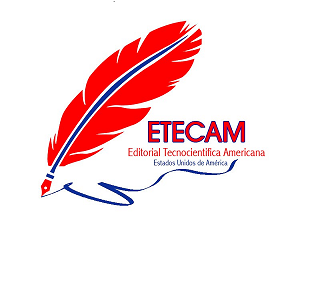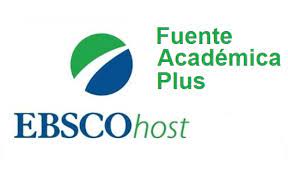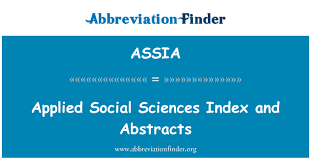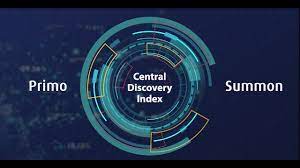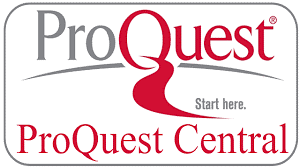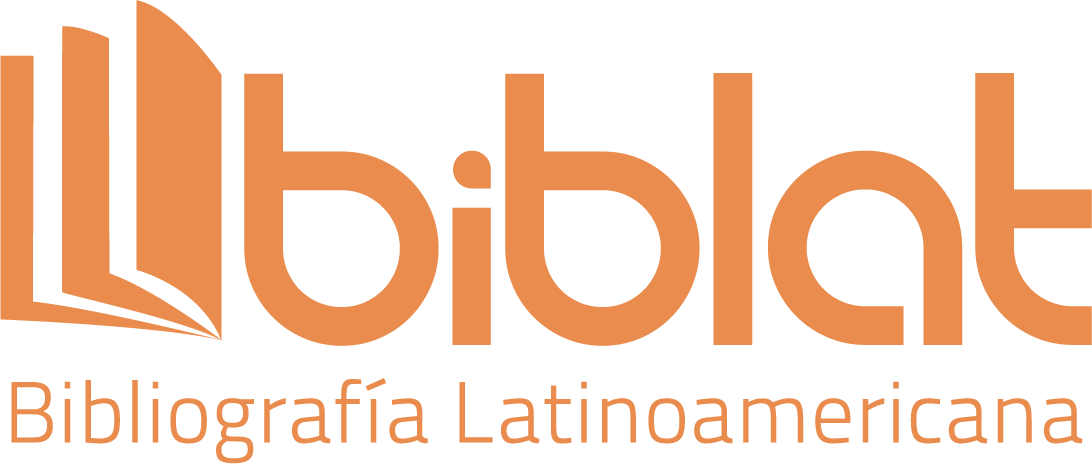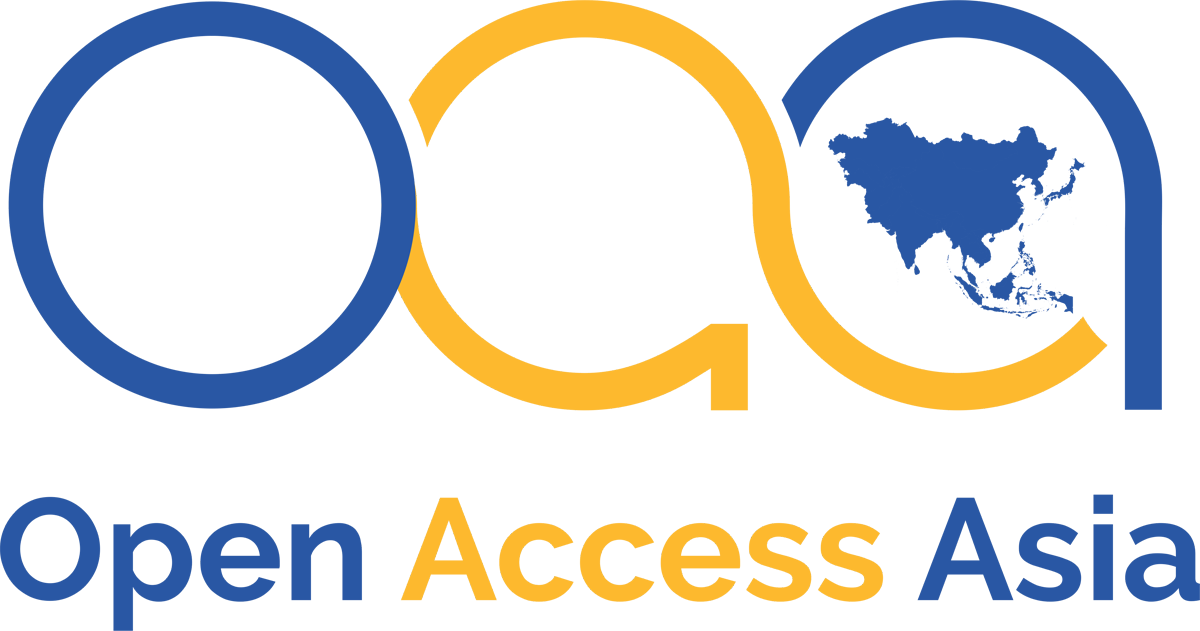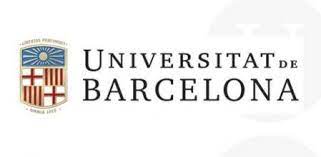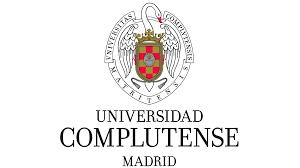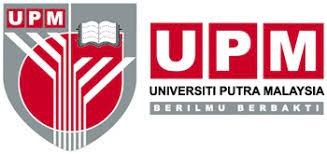Influence of family and social/cultural context on early learning
DOI:
https://doi.org/10.51736/sa.v4i2.54Keywords:
family, education, cognitive developmentAbstract
The child's learning capacity does not depend only on heredity and environment; it also depends on the stage of maturation in which stimulation occurs. Therefore, the family is a key agent to strengthen and imbue the child with relevant learning. The family is the basic fundamental nucleus of society; its environment mediates the learning and development of its members. The objective of this article is to analyze the influence of the family in the education of children and how the teacher can impact on the preparation of parents. For this purpose, we took as evidence the pre-professional practice activities developed by the students of the Early Childhood Education career of the Faculty of Legal, Social and Educational Sciences of the Technical University of Babahoyo.
Downloads
References
Asamblea Constituyente. (2008). Constitución de la República del Ecuador. Registro Oficial No. 449.
Castro, A., Ezquerra, P. y Argos J. (2016). Procesos de escucha y participación de los niños en el marco de la educación infantil: Una revisión de la investigación. Educación XX1, 19(2), 105-126.
Lucas, M. M. (2017). Estrategia educativa de orientación familiar para la atención a las carencias afectivas en el desarrollo del escolar ecuatoriano. Transformación, 13(2), 221-233
Nívea, J. A. y Martínez, O. (2016). Una nueva mirada sobra la formación docente. Universidad y Sociedad, 8(4), 14-21.
Rodríguez, L. A., Escobar, M. C., Aveiga, V. I. & Durán, U. C. (2019). Estrategia de Formación y Desarrollo de la Competencia Docente llamada Gestionar la da a las personas Educativa Familiar, en la Educación Básica Superior. Información tecnológica, 30(6), 277-288.
Unicef. (1989). Convención de los Derechos del Niño de las Naciones Unidas. Disponible en: https://www.unicef.org/convencion(5).pdf
Published
How to Cite
Issue
Section
License
Copyright (c) 2021

This work is licensed under a Creative Commons Attribution-NonCommercial-ShareAlike 3.0 Unported License.













